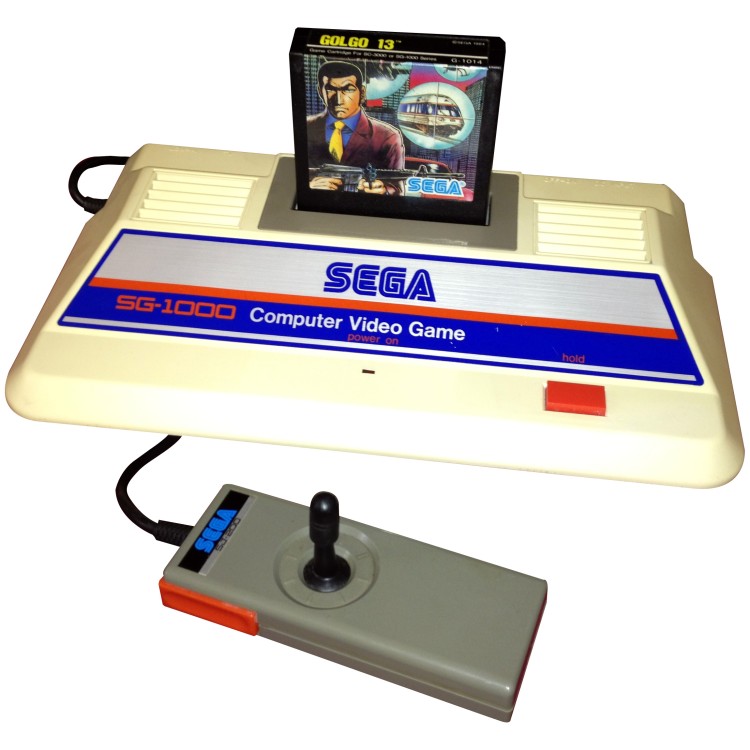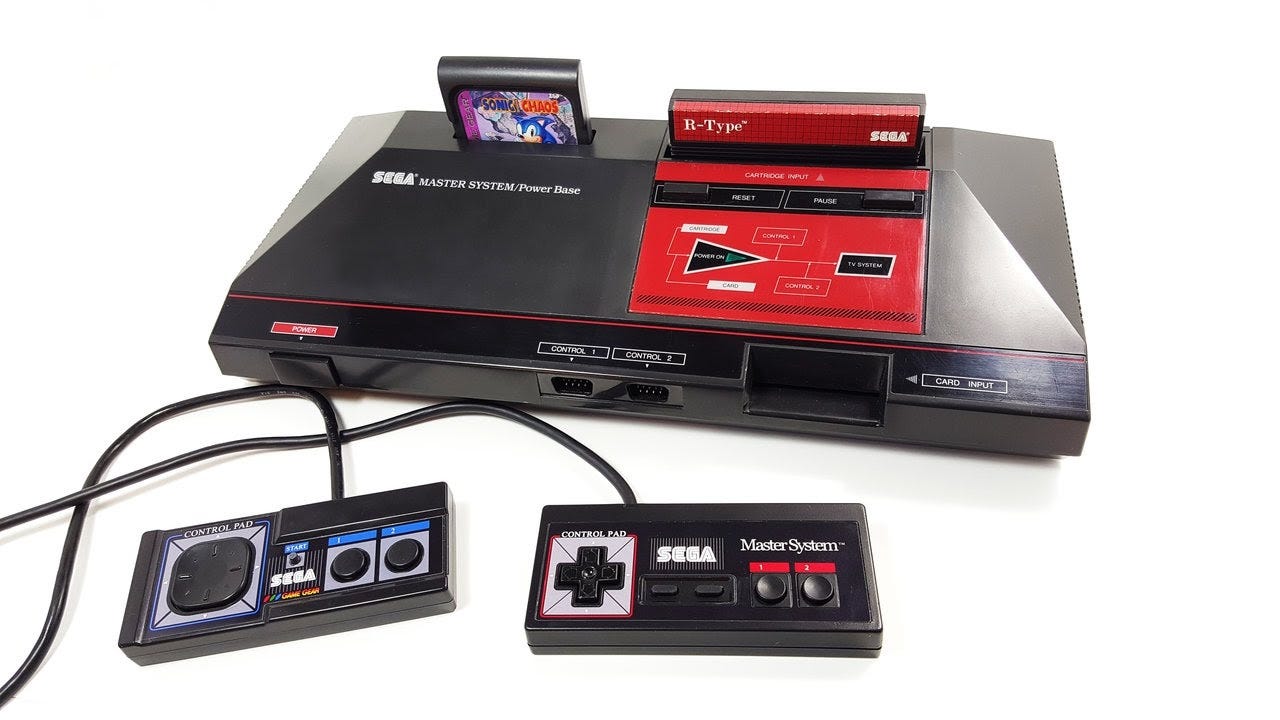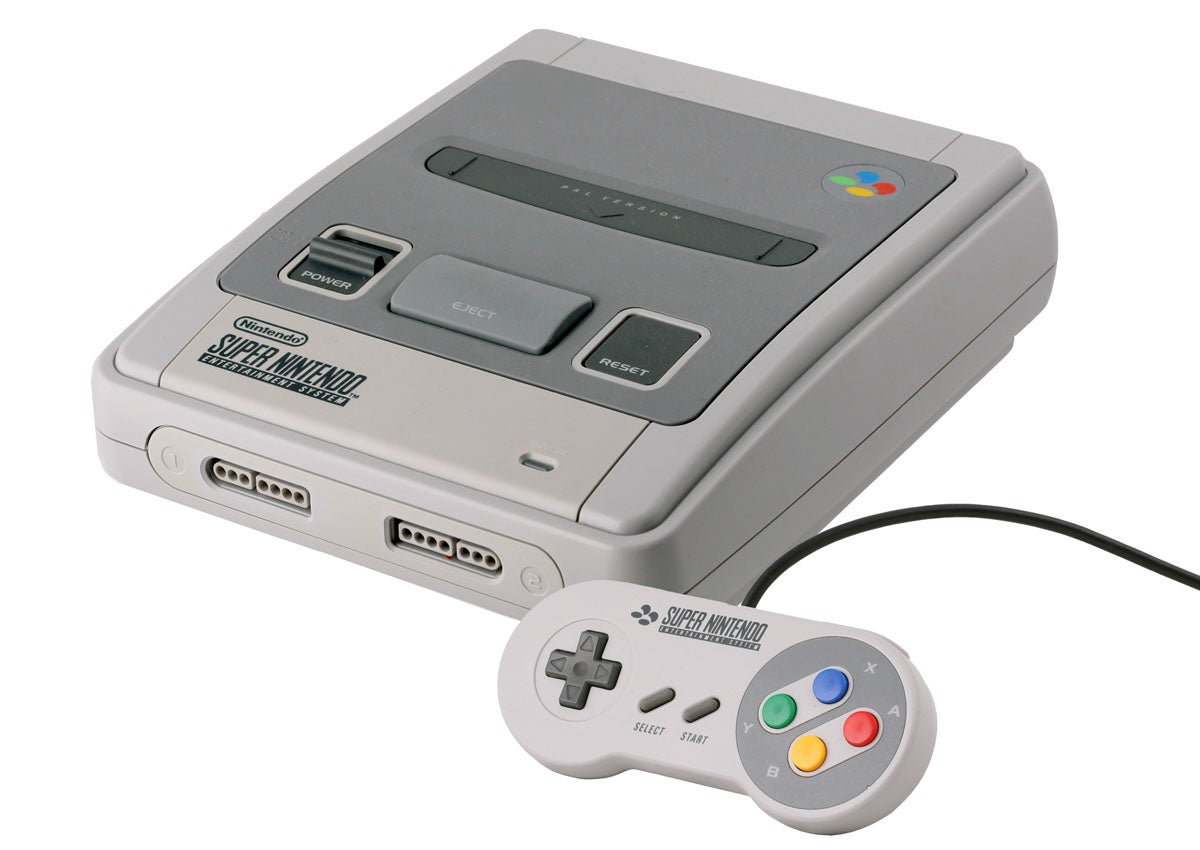Sega has come a long way from their early arcades and slot machines. But we are not gonna discuss the early age of Sega, we are gonna discuss their most successful age. We are gonna discuss their success in the early 90s, when they were the main rival to Nintendo. How they entered the video game console market, their aggressive marketing, and the main reason why the second player in the market after just two generations of consoles had to leave the market forever.
Sega enters video game console market

Sega was one of the top five arcade game manufacturers, but after the downturn of arcade business in 1982 Sega decided to enter the video game console market. Sega’s first entry to the video game console market: Sega released SG-1000 and other consoles such as SG-1000 II (mostly referred as SG-1000 Mark II), SC-3000, Sega Mark III in 1983. The SG-1000 family has sold 1.4 million copies in Japan. This was a minor success, but not a lot of people know these consoles today.

Second console family, the Sega Master System, was much more popular than the previous console. Even though it has sold 20.84 million copies worldwide. It was crushed in sales by Nintendo’s NES. Which sold 61.91 million copies. NES’s library was wider and it had much more well known titles. Such as Super Mario Bros (40.240.000 copies sold), Duck Hunt (28.310.000 copies sold), Super Mario Bros.3 (18.000.000 sold copies), or Legend of Zelda (6.510.000). Sega didn’t have nearly as many popular characters. But, SEGA was about to start their aggressive marketing, and release some great games.
Aggressive Marketing: Genesis Does What Nintendon’t
Sega of America decided to face their main rival in a very aggressive fashion. They have started an aggressive marketing campaign against Nintendo and their brand new product SNES. Their slogan was Genesis does what Nintendon’t. This wordplay became one of the first things to be associated with this console war. Sega loved to compare Sega Genesis with SNES in their commercials.
Sega Genesis was objectively weaker from a technical standpoint. SNES had more possible colors in a video game, more maximum sprite size, better audio technology, more ram, only thing Sega Genesis surpassed its rival was CPU Speed. And Sega ran with that. Let’s take a look into their commercial about Blast Processing.

Another thing Genesis was more preferable than SNES was price. It cost 50 dollars less, and of course they used this fact on their commercial too. SNES was a family friendly console, thus Sega was trying to look more “rad” and interesting for teenagers. Even the look of the console was utilized in their aggressive marketing, It was black, and looked very cool, especially if we compare it to SNES, which looked more like a toy.

Even though Sega Genesis sold less than SNES in North America. 18 million to 20 million. Sega managed to show how a weaker console can rival with the giant like Nintendo using aggressive marketing.
Blue Hedgehog’s Power

Sonic has been a giant part of Sega’s aggressive marketing campaign, it has been shown to Americans even before this game was even released in the USA. Campaign was so successful that when the game was finally released, all the American gamers already knew about this character. Sonic himself had much more personality and looked more “cool” than Mario. Game itself was nothing like what people saw before this game. It utilized Sega’s faster processing speed as well as possible.
Sonic was so popular that in just merchandise alone it brought revenue of 1 billion dollars in 1991-1994, and sold over 33.77 million copies in just Genesis alone.

